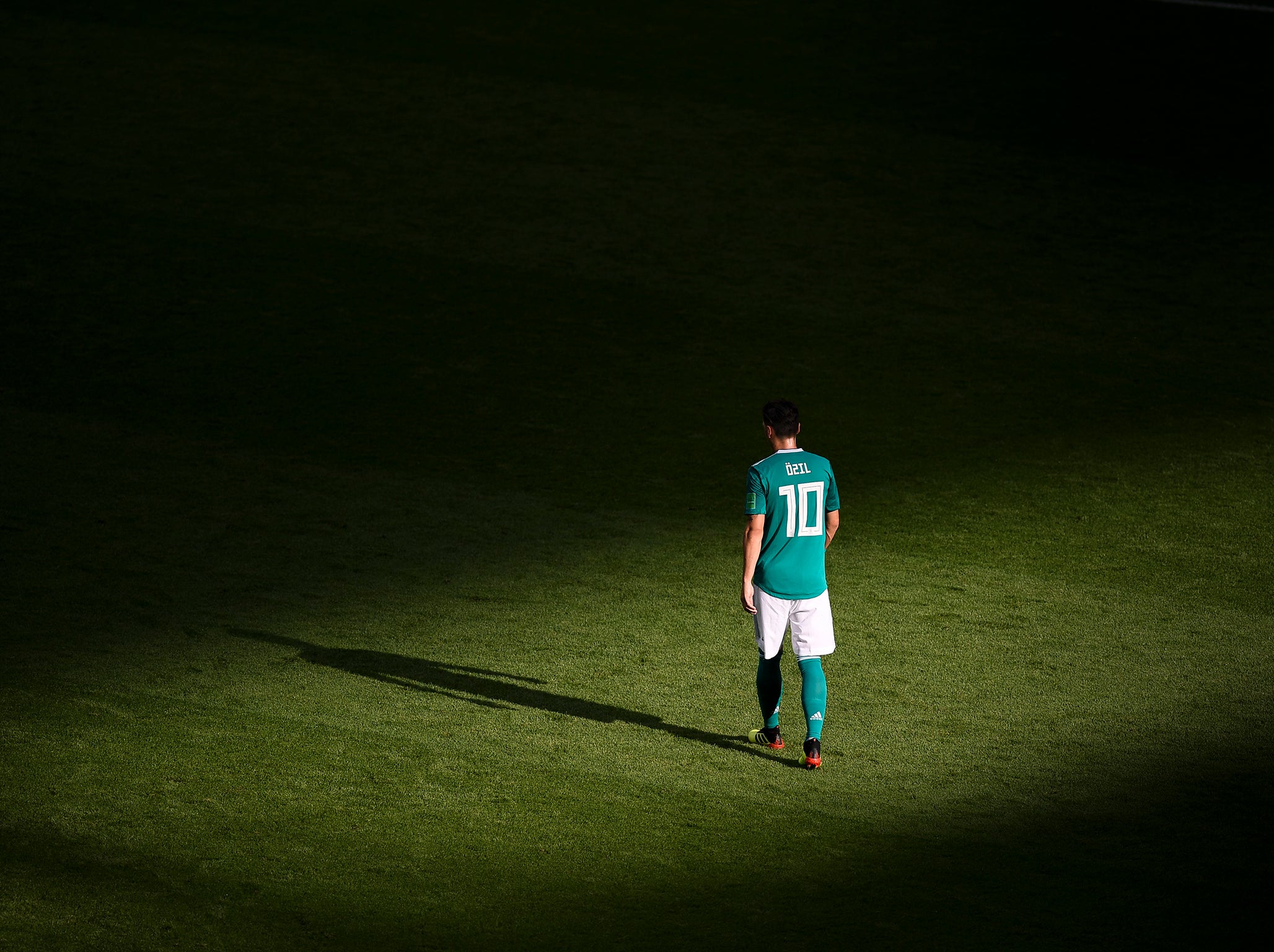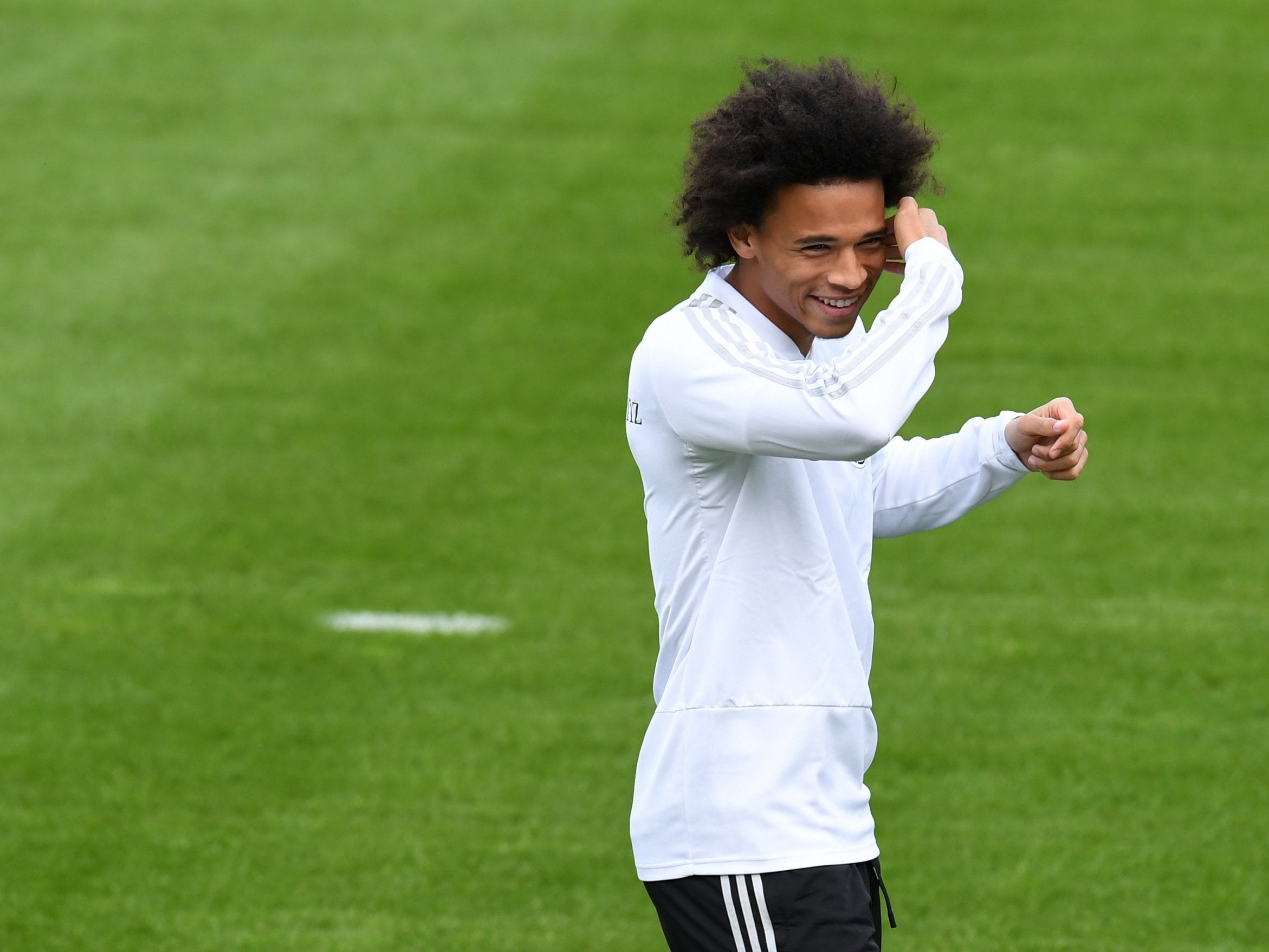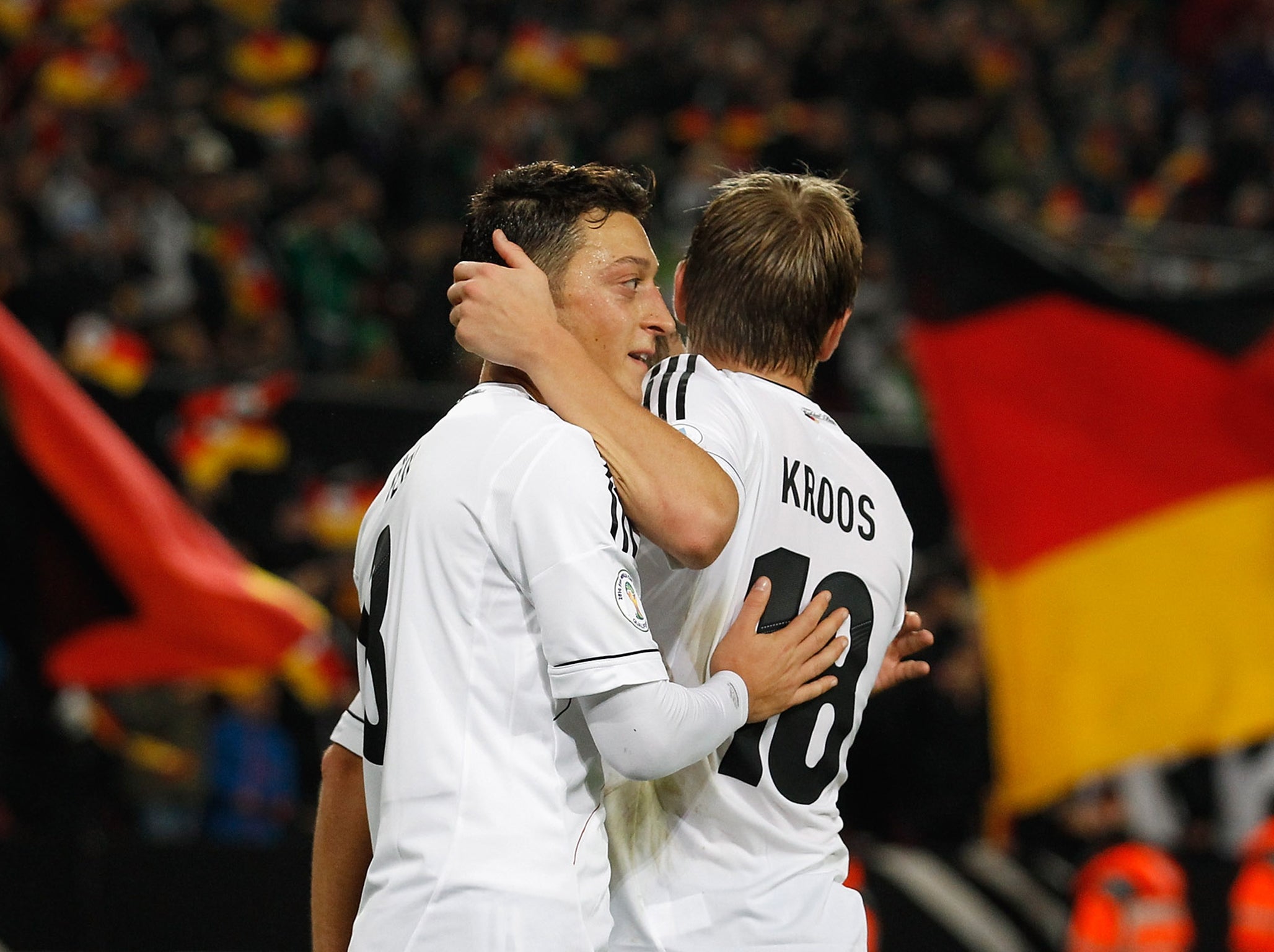Germany must prove themselves anew but remain undercut by old issues as France begin exciting period of hope
Germany are going through an identity crisis, while France are looking as assured and as admirably optimistic as ever
It is a meeting between the old world champions and the new world champions to launch a new competition in Munich but – fittingly if somewhat problematically – it is also surrounded by a clash of old and new in so many other areas.
That is admittedly much more the case for a German team going through an identity crisis, rather than an assured and admirably optimistic France, ahead of the first ever Nations League match. The German federation are also using the occasion to fully launch their bid for Euro 2024 but, with their only opposition coming from Turkey, it is all the more complicated that everything around the national team is still surrounded by the controversial absence of such a famous player of Turkish descent in Mesut Özil.
It was one of the first questions Jogi Loew was asked in his press conference, although he sought to give the last word on it by reaffirming Özil “won’t be coming back” and “for the team, this topic is over”.

Özil sensationally decided to quit the national side after so much debate in the wake of the shock World Cup first-round exit and his own highly criticised photo with Turkish president Recep Erdogan, citing “racism” and “disrespect” from the federation, with that prompting a lot of discussion about the very identity of the squad and outlook of German football. Just 12 years after the side made the country fall in love with them again and became such a positive image of a new Germany in 2006, that has flipped, with one of the figures who best reflected successful integration now at the very centre of a controversy about the complete opposite – that the country now has a real problem – and that a time when there suddenly appears a huge backlash against the “mannschaft”.
The Özil issue obviously touches on more serious societal issues, but it only layers all of this that it has such parallels on the football side.
Long considered by everyone around the German camp as the most technically gifted member of the squad, the playmaker was also at the centre of a very specific and sophisticated possession-pressing philosophy, that is also being questioned for the first time.
It felt like it pained Löw to say “we’re not favourites” for Thursday’s game, as he praised France as “the best in the world for the last couple of years”.
Toni Kroos emphasised the feeling of everyone in the squad that Germany want to prove themselves anew, want to give a new image of force and quality, but that is undercut by old issues.
The absence of Özil now means they have to reshape the team when you can’t really directly replace a player of such talent, with Loew deciding to keep on so many of the other Brazil 2014 senior figures that had looked a little too sated – too complacent – by Russia 2018. Only Sami Khedira has gone with Özil. One of the immensely talented attackers who should be the future of the team in Leroy Sane, meanwhile, just saw old criticisms resurface as the reasons he was surprisingly left out of the World Cup squad were brought up again.
Kroos went in strikingly hard on his young teammate in the pre-match press conference, stating that “sometimes you have to tell him he has to perform better” and he can give the impression he doesn’t care whether he wins or loses.

Given that Sane has just been dropped by Pep Guardiola at Manchester City, some of this may well be fair, and it may well be that Kroos is sending a general message out about the standards required in a squad that has flagged.
It’s also highly arguable that Germany’s sole problem in Russia was psychological, and came from the natural complacency that begins to constrict a side when they have been so successful and been together for so long. It’s just that – as Sir Alex Ferguson so often proved – that is really a hold that can only be broken by taking the ruthless decision to break up a team even before it has really aged. That only puts further focus on Loew’s conservative selection.
Against such complications and problems, there is only the simplicity of serenity around France. There are no issues. Sure how could there be? They are meeting up for the first time since a historic World Cup success, so it will as much as anything be a joyous reunion.
The only question at a point like this is not one of potential complacency, as with the Germans, but one of potential evolution, as with their 1998 side. That French team 20 years ago were even more tactically constrained than Didier Deschamps’s, but the confidence that came from a victory like that saw them enjoy a quantum leap over the next European campaign, and become an exquisitely expressive team.
That is the hope for this side now, for players like Paul Pogba and the irrepressible Kylian Mbappe, because the “simplicity” that contrasts with the Germans does not just apply to the mood. While the 2014 World Cup winners so consciously built their modern empire on the sophisticated approach that Pep Guardiola has made the peak of the game, Deschamps stripped everything back, applying a more rudimentary style reminiscent of the 2010 Jose Mourinho game that stood as such an opposite to the Catalans.
On that, one of the most pointed comments on the eve of the game came from Kroos.
“Of course we have to reconsider everything from the World Cup… maybe we should be more compact like France,” the midfielder stated. “We don’t have the players France we have, they can create chances out of nothing and score out of nothing.”
Create chances out of nothing?

These are of course words that perfectly describe Özil, or at least an Özil on form.
As Kroos added, the Germans “need to find another way”. A new way. It’s just all still so complicated by the old.
And the new world champions may yet give them even more problems.
Join our commenting forum
Join thought-provoking conversations, follow other Independent readers and see their replies
Comments
Bookmark popover
Removed from bookmarks